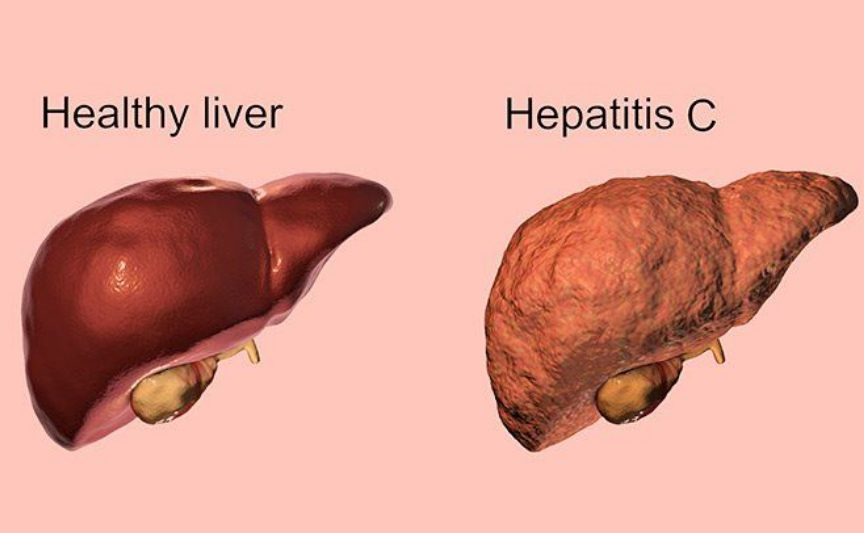Hepatitis C
Hepatitis C: Causes, Symptoms & Prevention
What is Hepatitis C?
Hepatitis C is a viral infection that affects the liver and can lead to chronic liver disease, cirrhosis, and liver cancer if left untreated. The infection spreads through contact with infected blood, and many people remain unaware they have it due to the absence of early symptoms.
How Does Hepatitis C Spread?
✔ Contaminated blood transfusion
✔ Needle-sharing among drug users
✔ Unsafe medical procedures by untrained healthcare workers
✔ Tattooing or piercing with unsterilized equipment
✔ Mother-to-child transmission during childbirth
Symptoms of Hepatitis C
Many people with hepatitis C do not show symptoms until the liver is severely affected. When symptoms do appear, they may include:
✔ Fatigue and weakness
✔ Loss of appetite, nausea, and jaundice
✔ Dark urine and pale stools
✔ Swollen abdomen (ascites) and leg swelling
✔ Vomiting blood and mental confusion (advanced liver disease)
Diagnosis of Hepatitis C
✔ Liver function tests (LFTs) to check liver enzymes, USG abdomen and Fibro-scan to. look for extent of liver damange/ presence of cirrhosis.
✔ Anti-HCV antibody test to detect infection
✔ HCV RNA (quantitative) to confirm viral load and genotype
Treatment of Hepatitis C
✔ Newer antiviral medications can cure most cases of chronic hepatitis C.
✔ Treatment duration depends on the stage of liver disease.
✔ Sofosbuvir-based (Sofosbuvir+ Velpatasvir) regimens offer injection-free treatment with fewer side effects.
Prevention & Awareness
✔ Avoid sharing needles or razors
✔ Ensure blood transfusions and medical procedures use sterilized equipment
✔ Use protection during sexual activity
✔ Get screened if at high risk
Hepatitis C is treatable, and early diagnosis can prevent severe liver damage. If you experience symptoms or are at risk, consult a doctor for timely screening and treatment.
